LGBTQ
Advertisement
Nurses working in hospitals with LGBTQ+ inclusive policies were more likely to recommend their hospital to others.
Patients who are transgender and gender nonconforming with genitourinary and gynecologic cancers face inequalities in care.
The use of gender-affirming hormone therapy was associated with lower PSA levels compared with cisgender men.
Panelists offer their perspective on the use of telehealth in the care of individuals with HIV.
LGBTQ+ youth were less likely to report feeling supported by their families or caregivers.
Panelists discuss the burden of mental health and substance use disorders on individuals living with HIV.
HIV physicians reflect on how delivering accurate and timely information and treatment for patients newly diagnosed with HIV.
HIV physicians discuss building trust with their patients to alleviate the burden of stigma in the health care setting.
Panelists discuss how health care policy, education, and insurance coverage impact access to HIV prevention.
Panelists discuss HIV prevention options and new drug developments that could improve prevention.
Multiple factors drive health disparities in LGBTQ+ patients with kidney disease.
Researchers studied access to care and potential influencing factors among this population in the eastern and southern US.
There are significant unmet needs for mental health and substance use services in this population, data showed.
Arab men, specifically, remain understudied and underrepresented.
LGBTQ+ patients have a higher risk of breast cancer and are more likely to decline their oncologist’s treatment.
Sexual minority and racial/ethnic minority women in the US are at increased risk for unintended pregnancy.
Activists argue that cis-gender women are not the only ones affected by Supreme Court's decision to overturn Roe v. Wade.
Sexual/gender minority patients are at risk for infections that can alter the clinical course of hidradenitis suppurativa.
Dr. MarkAlain Déry, MPH talks about anti-trans legislation and its harm to the mental health of LGBTQ+ youth who ...
Prostate cancer is the second most common cancer in men. Commonly observed symptoms after treatment include urinary ...

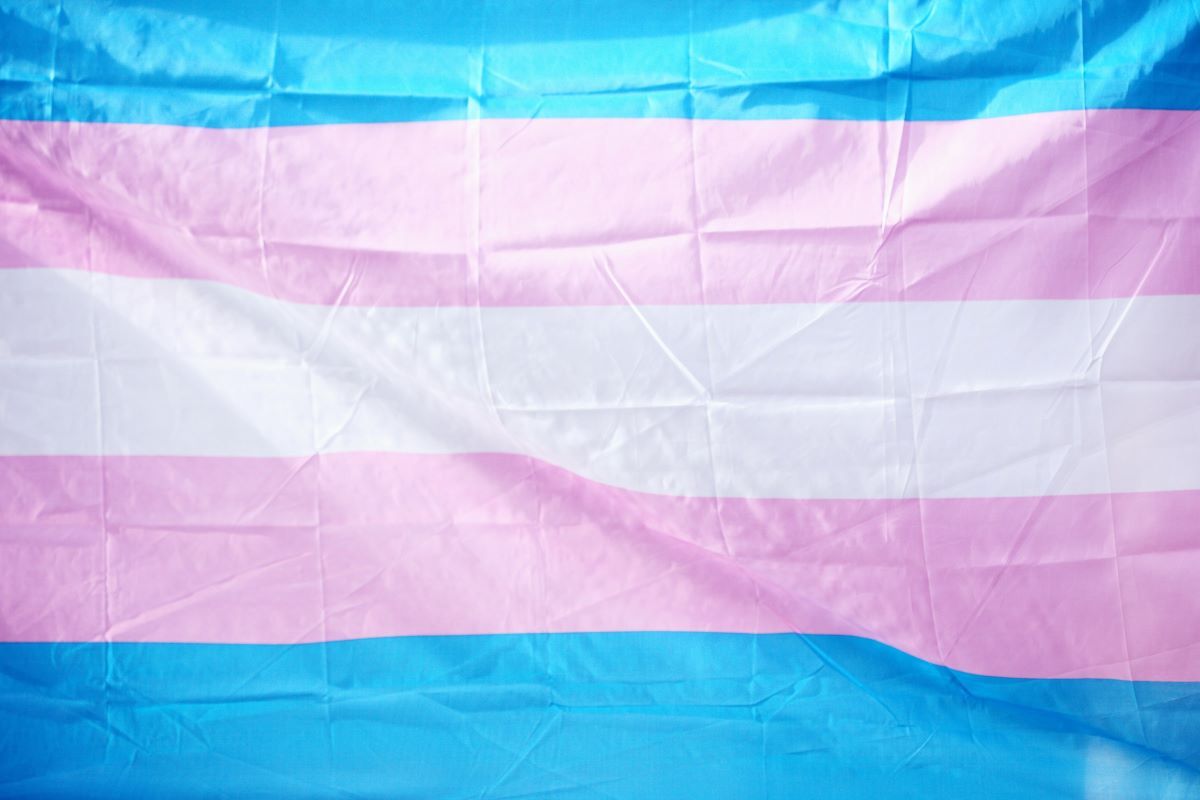
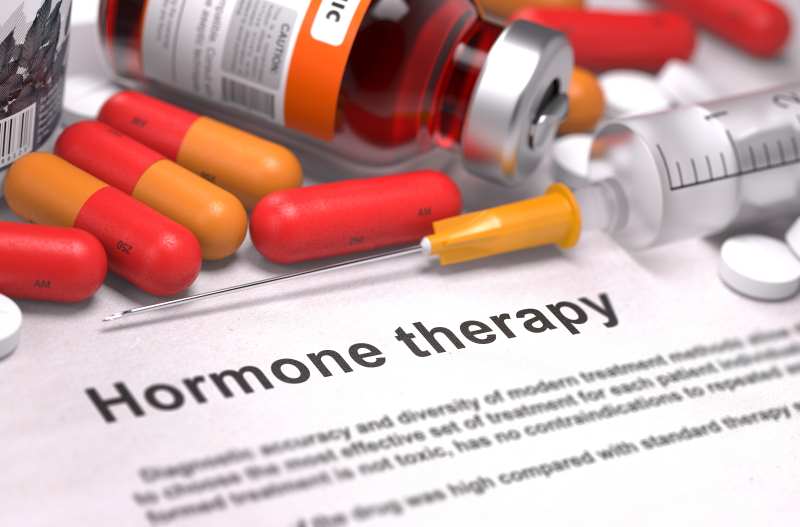
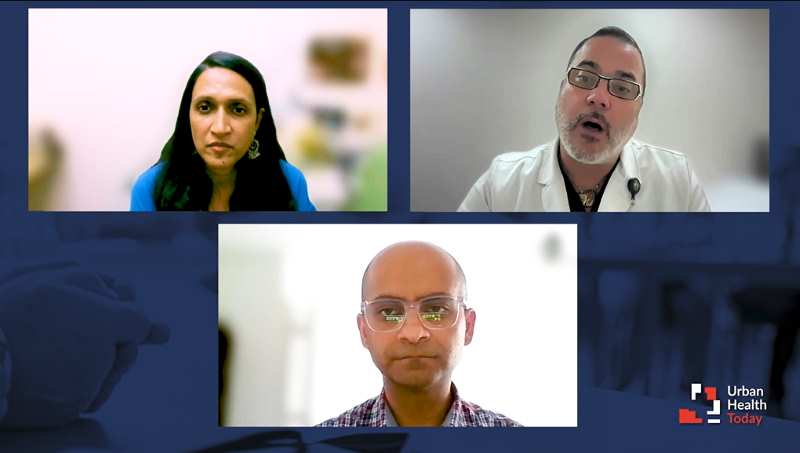

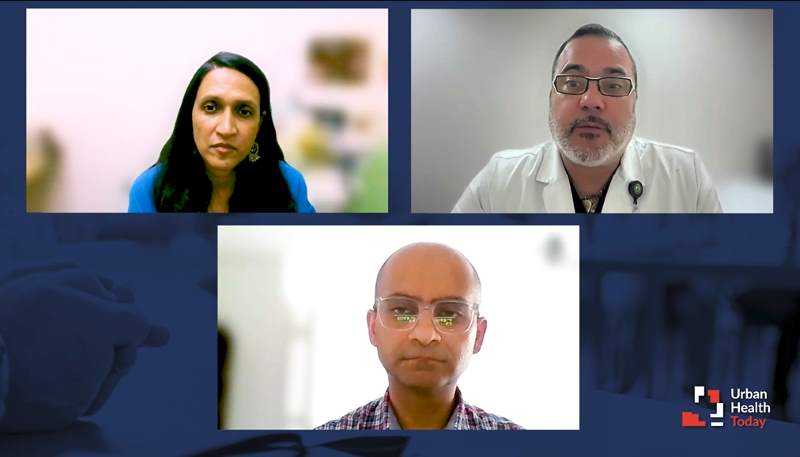
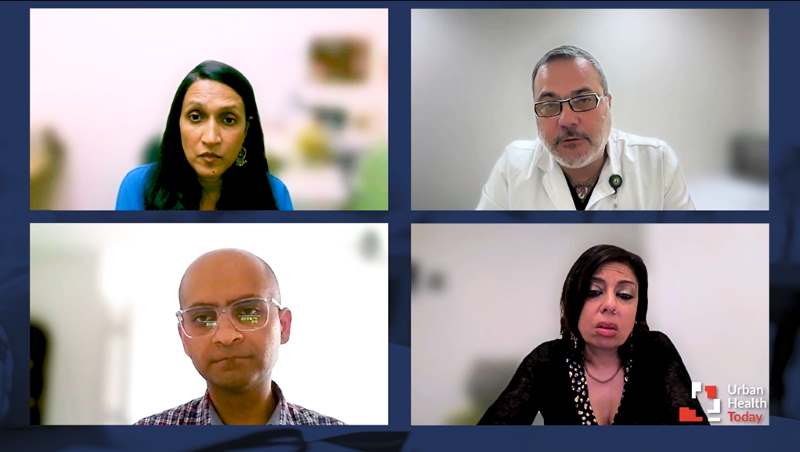
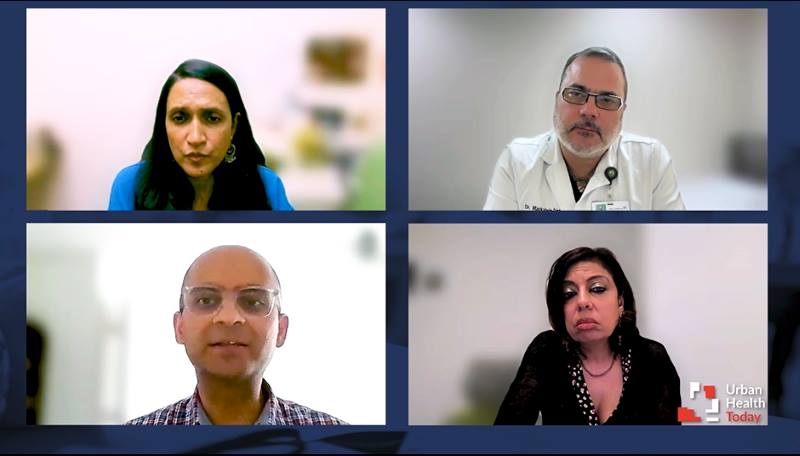







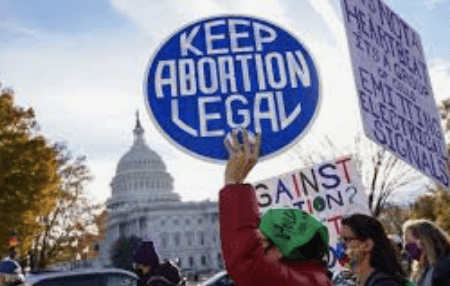

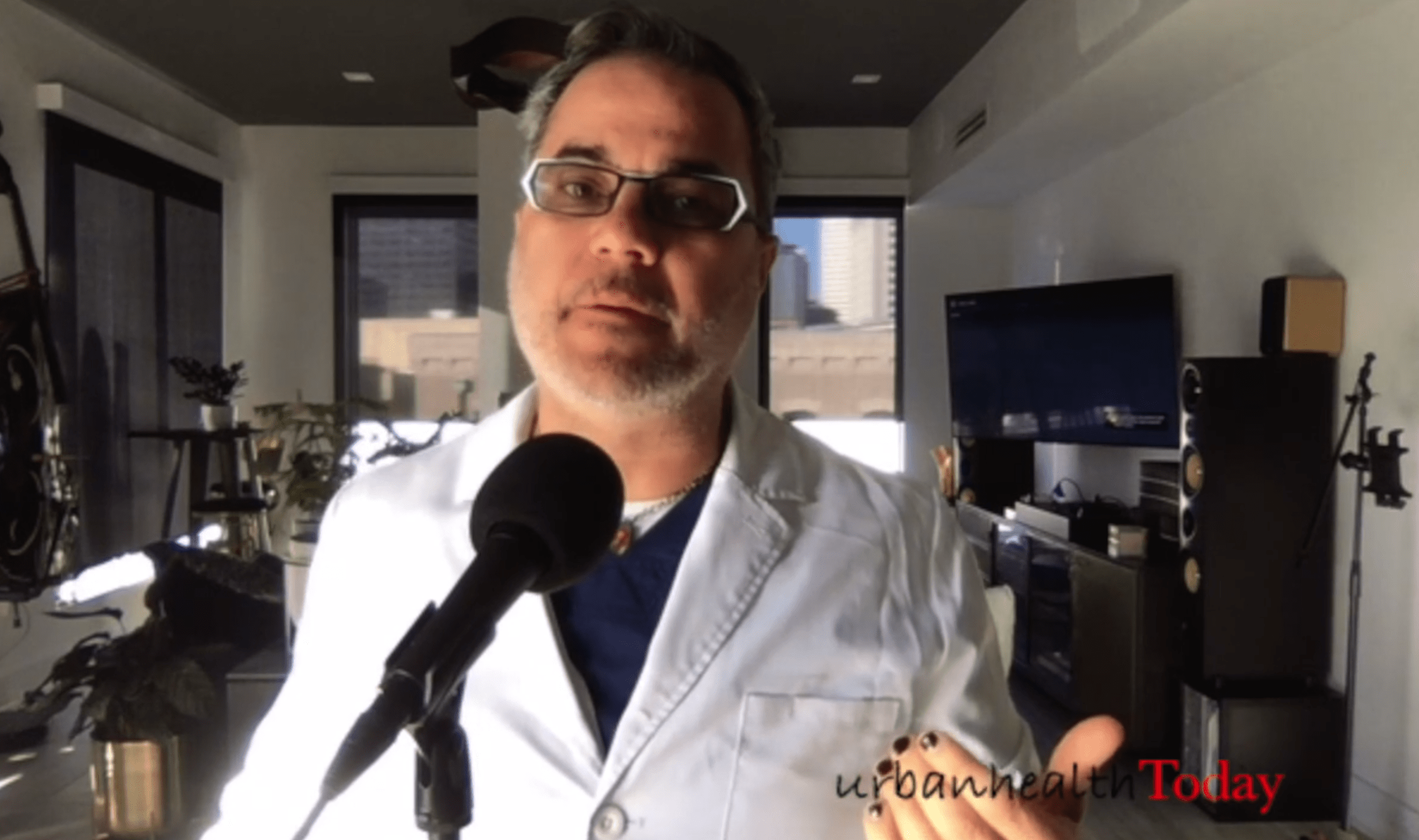


 © 2025 Mashup Media, LLC, a Formedics Property. All Rights Reserved.
© 2025 Mashup Media, LLC, a Formedics Property. All Rights Reserved.